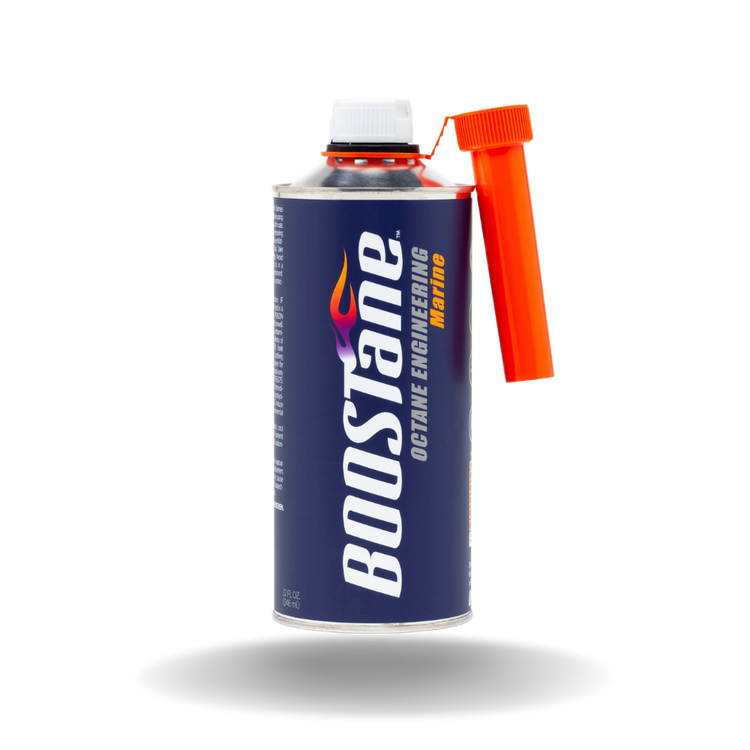WiskyDan
Jetboaters Captain
- Messages
- 1,340
- Reaction score
- 2,780
- Points
- 247
- Location
- Jackson, WI
- Boat Make
- Yamaha
- Year
- 2018
- Boat Model
- 242 Limited S E-Series
- Boat Length
- 24
So I’ve seen many people say fill up the tank to almost full and others say that Yamaha dealers store boats all winter without gas (or very little) in them.
The gas gauge was at about 15% after our last outing and I’m trying to decide should I leave it as-is or fill it up. I haven’t really paid attention to the gas level much in the past (dealer winterizes the boat and stabilizes the remaining gas) and haven’t had any problems. I store the boat in a heated warehouse over winter if that makes any difference.
The gas gauge was at about 15% after our last outing and I’m trying to decide should I leave it as-is or fill it up. I haven’t really paid attention to the gas level much in the past (dealer winterizes the boat and stabilizes the remaining gas) and haven’t had any problems. I store the boat in a heated warehouse over winter if that makes any difference.

